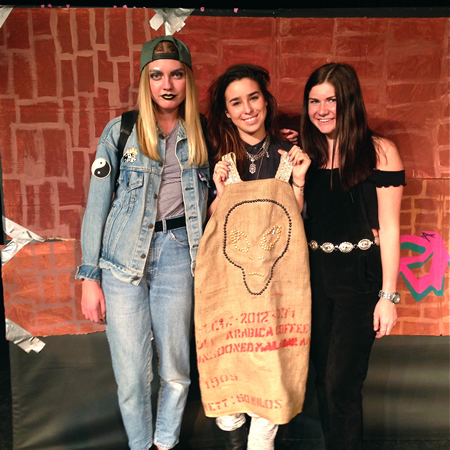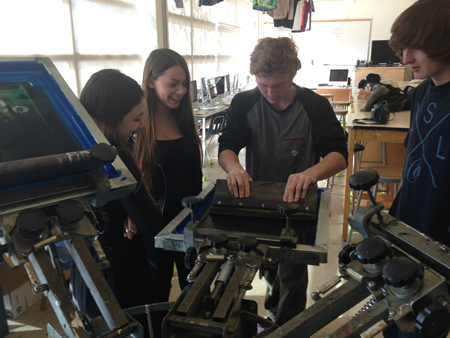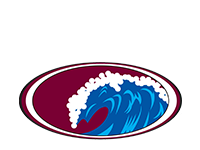
Technical classes, traditionally geared for students uninterested in college, are taking a new direction lately. College-bound students from Laguna Beach High School make up half of the enrollment in trade-school like courses offered by San Juan Capistrano’s South Coast Regional Occupational Program. Students say it gives them a needed edge.
ROP courses were traditionally geared for students interested in a money-making skill, such as a dental assistant, mechanic, caregiver, hairstylist and computer repair technician. Now a student considering becoming a medical doctor, for instance, can test out an ROP class, such as medical assistant, sports medicine or medical terminology before stepping into the bigger league of higher academia. Word has gotten out that ROP classes, often offered outside the regular school day, are a good way to determine future interests.

This testing of the waters, said Dawn Hunnicutt, South Coast ROP career guidance specialist at LBHS, helps students discover preferences, which keeps them from dropping classes and wasting time and tuition; it also curbs the college drop-out rate.
“Students sometimes get to their sophomore year in college and they’re just done. They’ve had it,” Hunnicutt said. “And we don’t want that.”
Finding out in high school if medicine, graphic arts, veterinary science or fashion is your passion helps a student get more focused before committing to a particular school and field of study. It also aids the dossier if the student completes an internship as part of the class.
“Kids really need to pick and choose the things they spend their time with and try not to get overwhelmed by the whole process,” said Hunnicutt. By taking a sampler ROP class, students get the opportunity to find out where they want to be and what they want to be doing after high school. “They find there is a place for them,” she said. “Stanford might not be the place, and that’s okay.”

Getting accepted at first-choice colleges goes beyond grades and test scores these days. “Now, colleges want to see how driven students are and what they are doing outside of the school curriculum that’s setting them apart.”
Colleges and universities are now looking for real experience in the school of hard knocks.
For instance, one former ROP student who loved cats and dogs wanted to be a vet, until she actually had to perform the tasks of a veterinarian’s assistant. “She didn’t want to do any sort of the dirty work,” Hunnicutt recalled. “She didn’t like the smell. So, that was the end of that. She liked dogs and cats but did not like snakes and birds, and all those things are in that class. You can’t just work with puppies and kittens.”
Lola Cant isn’t that particular girl. Cant knows, at least right now, that she wants to be a neuropsychologist. Before declaring a major that could change and before her parents spend beaucoup bucks on tuition, Cant, a Laguna High senior, is experimenting with an ROP medical terminology class to see if she can handle the workload. The semester-long class, open to students in seven south-county high schools, meets at the ROP center in San Juan Capistrano and runs four-and-a-half-hours on Monday and Wednesday evenings with frequent quizzes, just like college.

Cant likes that the class is interactive. Groups of students compile their own quizzes and alternately test the class. It helps both sides get familiar with the material. “Now we’re working on muscular groups and the diseases and signs and symptoms that come along with that,” she said. “It helps me a lot with medical terms.” She added that the ROP class also gave her a jumpstart in understanding terms used in her high school AP biology and anatomy classes.
Her latest project was putting together a poster-board flow chart of the human circulatory system. She researched it online and plotted its flow and function, noting the signs and symptoms of diseases that might affect it as well as preventative and diagnostic treatments.
Extracurricular commitment of an ROP class and on-the-job training are new areas colleges and future employers like to see, said Hunnicutt. “Colleges look favorably at these classes and internships because they are more hands-on and in-depth. It ensures that the student will stick with the subject because they’ve actually experienced what it is.”
Hunnicutt said her husband, chief executive of an engineering company, recently hired a new technician. The best applicant had taken a high school ROP class and knew how to solder.
“That’s what colleges are looking for: kids who actually have some skills,” she said.
Photos courtesy of Dawn Hunnicutt.




